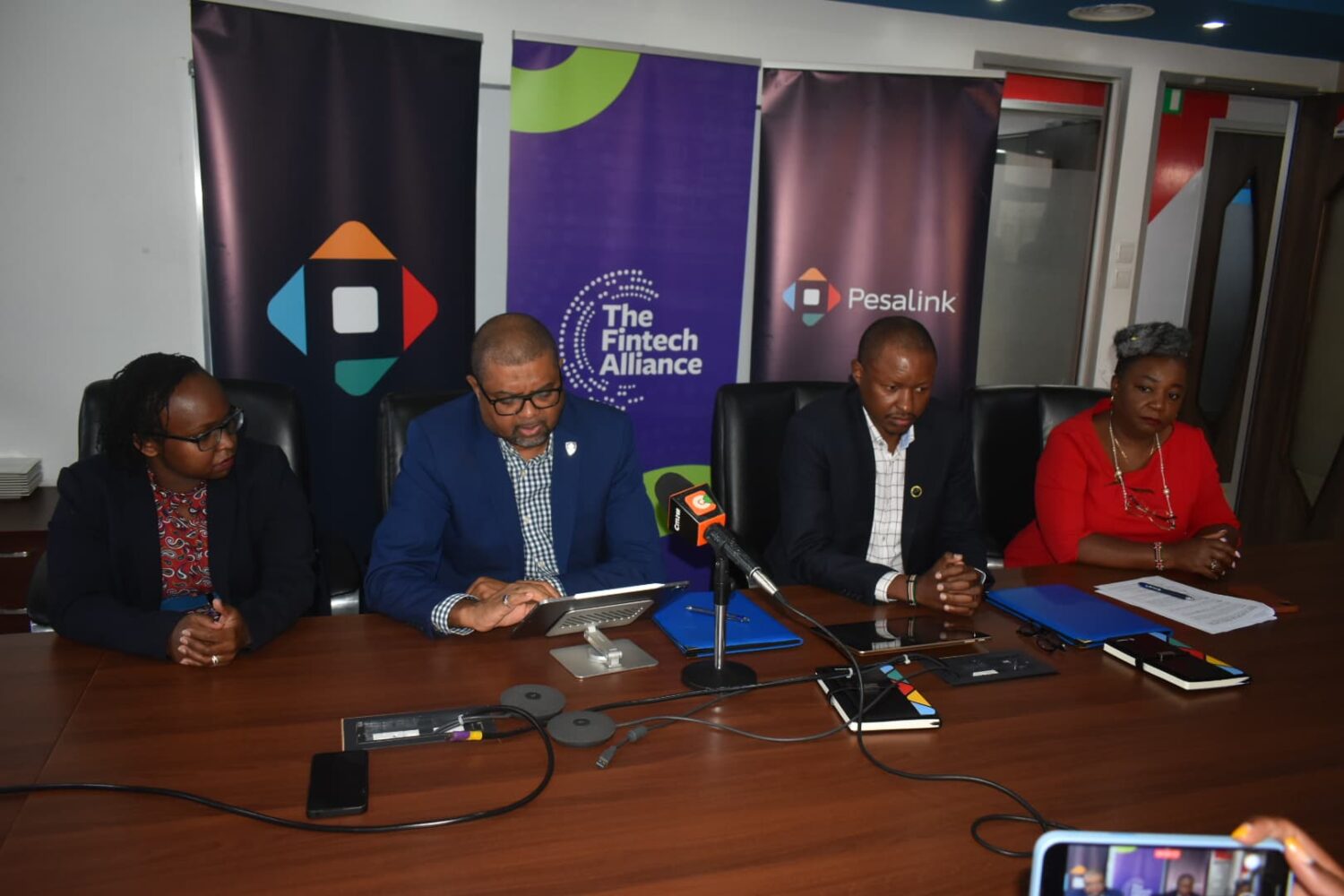Kenya’s digital payments infrastructure is growing. But growth alone is not enough. Without open, affordable, and interoperable systems, the promise of cheaper instant payments will remain elusive—particularly for the SACCOs, startups, and informal traders who stand to benefit most.
A new Memorandum of Understanding (MoU) between Integrated Payment Services Limited (IPSL), the operator of Pesalink, and the Fintech Association of Kenya (TFA) aims to change that. The agreement is not just a gesture of goodwill; it is a practical framework for unlocking instant, low-cost transactions across the financial ecosystem.
At its core, the MoU is a mechanism to reduce friction. It commits IPSL and TFA to building shared infrastructure—an API sandbox, a developer community, and coordinated fraud and compliance awareness campaigns. IPSL brings the rails; TFA brings the builders. Together, they aim to simplify onboarding, clarify regulatory pathways, and foster trust – critical ingredients for fintechs to scale.
Kenya’s payments landscape has long been fragmented. Banks, mobile wallets, SACCOs, and fintechs operate in silos, making integration costly and innovation slow. The MoU directly addresses this by easing access to Pesalink’s interoperable network.
For fintechs, this means faster time-to-market, lower costs, and broader reach—particularly among youth, traders, and the informal sector.
The collaboration also aligns with the Central Bank of Kenya’s National Payments Strategy, which calls for shared infrastructure and open standards. It operationalises the 2024 SIIPs report’s call for foundational systems that serve all providers, not just incumbents.
Pesalink’s neutrality is its strength. Untethered to any single wallet or mobile network, it is well-placed to act as a trusted intermediary between regulated banks and agile fintechs. Trust, however, is not given – it is earned through reliability, security, and transparency.
Initiatives like sandbox testing and streamlined onboarding are not just technical conveniences; they are essential to derisking innovation and building confidence.
If successful, the MoU could serve as a model for how strategic cooperation—not competition—can drive financial inclusion. But it will require more than signatures. Regulators must align onboarding rules. Institutions must open APIs responsibly. And fintechs must commit to shared success. The infrastructure is being laid. Whether it delivers on its promise will depend on how well the industry builds on it.
Written by Laura Chite












